1. Fast Food Workers
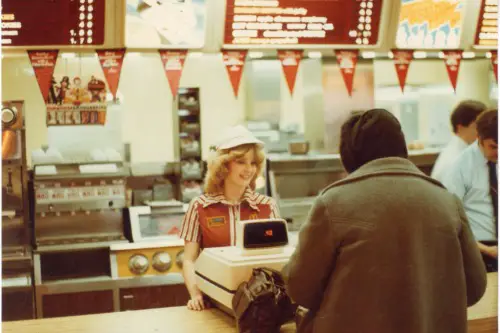
The fast food industry is increasingly turning to automation to streamline operations. Self-order kiosks and automated cooking systems are now capable of handling orders, preparing food, and even customizing meals with minimal human involvement. Although human workers might still be needed for customer service or special tasks, the overall demand for fast food employees is shrinking rapidly.
2. Retail Cashiers
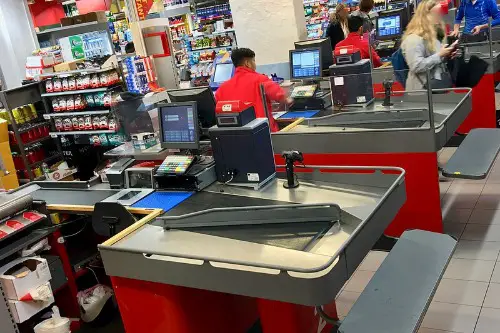
Self-checkout systems are already replacing cashiers in many stores, and the trend is expected to continue. As companies move toward greater automation, there’s a growing push to phase out cashiers completely. This shift not only cuts costs but also speeds up the shopping process, reducing wait times for customers and improving convenience.
3. Taxi Dispatchers

Traditional taxi dispatchers are being phased out by the rise of ridesharing apps like Uber and Lyft. These services have revolutionized the transportation industry, allowing riders to connect with drivers instantly via their smartphones. This technology-driven system has made taxi dispatch jobs redundant as it simplifies the entire process.
4. Human Resources Assistants

AI-driven tools are transforming human resources by handling tasks such as screening resumes, conducting initial interviews, and managing employee records. These systems can process large volumes of data in a fraction of the time it would take a human, reducing the need for HR assistants and streamlining hiring processes.
5. Travel Agents

In the past, travel agents played a crucial role in booking flights and organizing vacations. However, with the rise of online travel booking platforms, people now prefer to plan their trips independently. These websites often offer better deals and immediate confirmation, making travel agents an increasingly rare profession.
6. Postal Workers
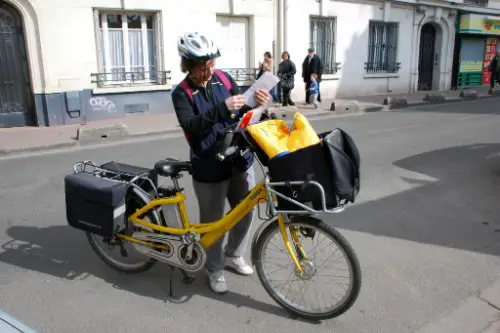
As digital communication continues to replace traditional mail, the demand for postal workers is dwindling. While some people still rely on postal services for letters and bills, the use of email, instant messaging, and digital bill payments has greatly reduced the need for physical mail delivery, signaling the decline of this profession.
7. Data Entry Clerks
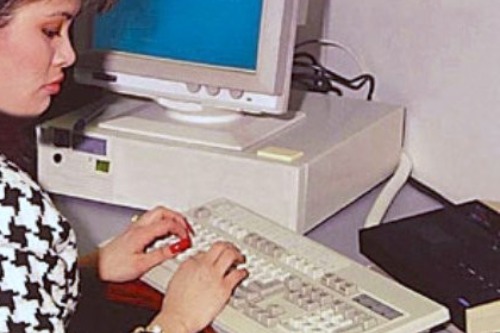
Automation and machine learning technologies are rapidly eliminating the need for data entry clerks. Algorithms can now manage and organize data with far greater efficiency and fewer errors than humans. This shift to automation is making data entry a job of the past as software solutions become more advanced.
8. Bank Tellers

With the rise of mobile banking, ATMs, and cashless payments, the need for traditional bank tellers is rapidly declining. Many banking services can now be completed digitally, and customers rarely need to visit physical branches. Digital banking solutions offer quicker and more efficient transactions, reducing the demand for tellers.
9. Newspaper Delivery People

The decline of print media and the shift to online news consumption have led to the gradual disappearance of newspaper delivery jobs. With more people reading the news on their smartphones and subscriptions becoming digital, the once-popular job of delivering physical newspapers is quickly becoming obsolete.
10. Assembly Line Workers
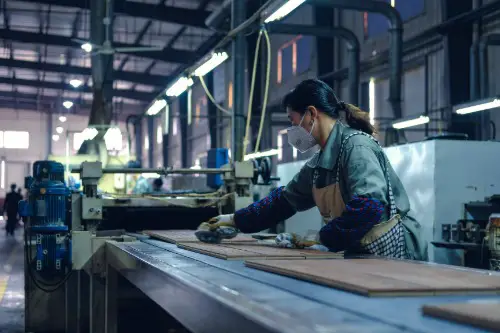
Automation has dramatically changed manufacturing, with robots now performing tasks traditionally done by humans. From car assembly to electronics production, advanced robotics are more precise and efficient, making human workers increasingly unnecessary in these roles. As automation continues to improve, assembly line jobs are expected to see a sharp decline.
11. Taxi Drivers

The rise of autonomous vehicles is expected to disrupt the entire transportation industry, including traditional taxi services. Companies like Tesla and Waymo are already testing self-driving cars, and while the technology is still developing, it’s anticipated that taxi drivers will eventually be replaced by self-driving vehicles.
12. Telemarketers
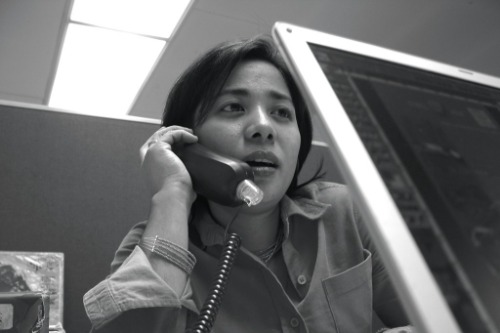
Telemarketing has been on the decline as consumers become better at blocking unwanted calls, and automation systems and chatbots take over the role of reaching out to potential customers. These automated systems are not only more cost-effective but also more efficient, leading to a decreased demand for human telemarketers.


